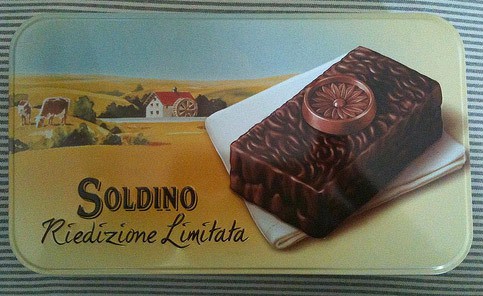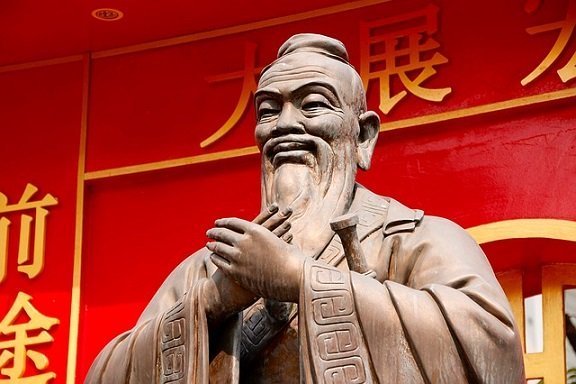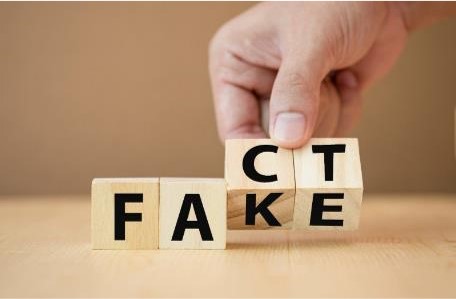Marketing and advertising don’t necessarily head towards the future. A lot of brands play with nostalgia and bring past products, characters or phenmenon to a second life. And results are not at all disappointing.
Fashion knows it for sure, having teached it with vintage. Thanks to the Eighties and the so-called paninari revival, some apparel brands are back on stage, from Champion to Roy Rogers, up to Stone Island which is now a must-have for many young rappers.
Nostalgia marketing moves fast at the cinema and on TV, and some researchers tracked 34 remakes, sequels and spin off of past movies and TV series in the last twelve months. Productions such as Blade Runner 2049, the Jurassic World saga, Magnum P.I. return, the relaunch of TV shows Rischiatutto or La Corrida, which had huge success in Italy, prove that sometimes it is easier (and more rewarding) to fish out a consolidated format, rather than inventing a new one.
In the food industry there are some evergreen products (Coca-Cola, Cornetto Algida, Nutella), while others fade away and then come back. Ever tasted Winner Taco? After selling about 40 million pieces in the Nineties, this ice cream was withdrawn in 2002 due to changed consumer preferences. Some years later, nostalgic consumers began to ask for its return, and the popularity of Facebook page and viral campaign “Ridateci il Winner Taco”, engaging more than 12 thousand people, made Algida change its mind. Confectionery brand Mulino Bianco was also pulled by Soldino fans, and in 2010 the company allowed a limited edition of the ’80s and ’90s icon snack, publishing its recipe online for home baking.
Why does nostalgia pay off? According to some marketing psychologists, past times are first of all evocative of a better, cleaner world, where fruits tasted like fruits and we didn’t have all the problems we face today. Digging up memories – purified from any negative element – is thus effective since it anchors the brand to a safe harbor, where it can most likely get approval and trust from people, having or not experienced the season of the original product.
From a storytelling perspective, the rétro strategy makes a good story immediately available, favoring an almost effortless recognition by stakeholders. In this case you only need to enrich that story and revise it in a contemporary style – tipically by using digital technology and social media. So did Nintendo in Summer 2016 with Pokémon Go, turning the Nineties characters into a mobile Augmented Reality app. Back to global hype in less than 48 hours, a few days ago Pokémons achieved the new record of 800 million downloads.
Even if the outcomes are such great, you may regret not having created something new and disruptive. But, while searching for the perfect idea, browse your memories and try to push the right button.




